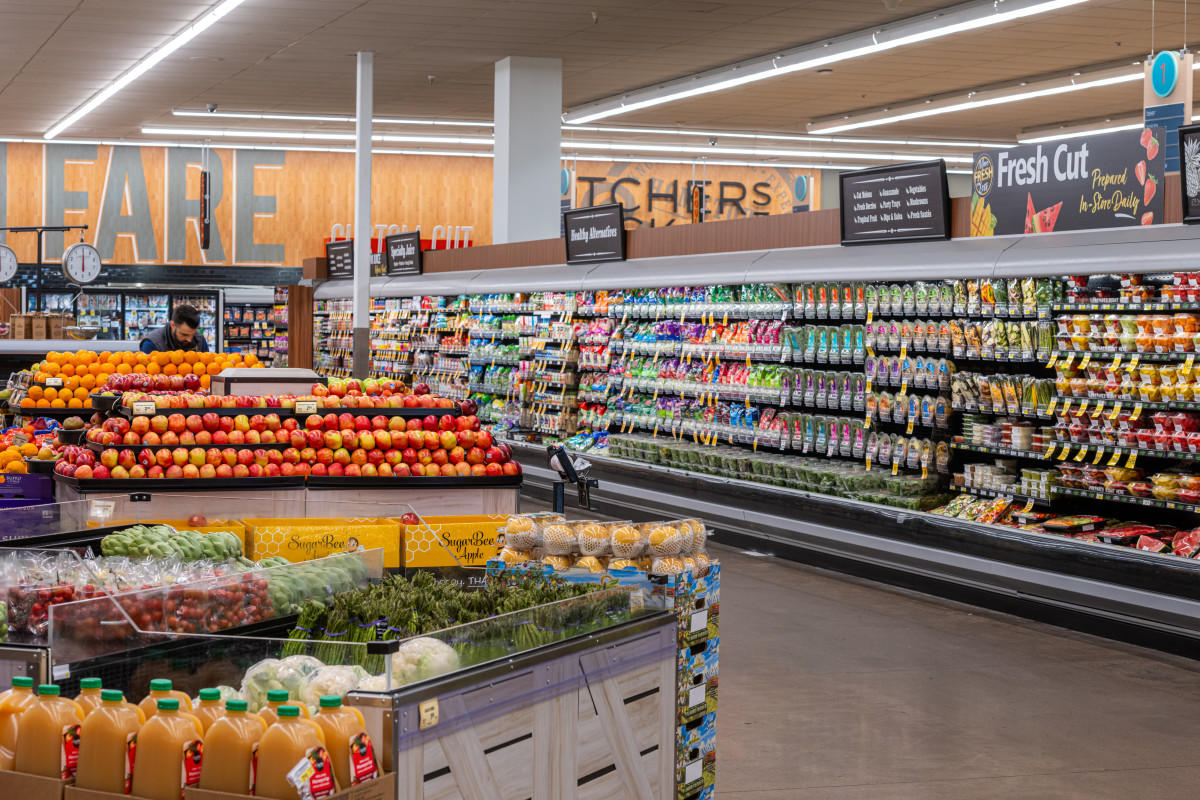
Even for the savviest of shoppers, adhering closely to a budget can prove quite challenging during times of stubbornly high inflation.
According to the most recent Consumer Price Index for February, prices rose 3.2% overall on a 12-month basis, above the 2.9% most analysts were expecting.
The forthcoming March CPI is due out on Wednesday, April 10. Analysts expect it to reflect yet another hike in overall prices, with some expecting a 3.4% rise – up from the 3.2% increase during the previous month.
This all means that the price of essentials, such as food, energy, automobiles, shelter and more, are likely to have increased last month compared to the same period one year ago. To many, this seems like an inevitable fact of life.
In February, here's a look at how some of those key consumer goods and services changed compared with the month prior:
- Food: up 0.4%
- Energy: up 2.3%
- New cars: down 0.1%
- Used vehicles: up 0.5%
- Apparel: up 0.6%
- Shelter: up 0.4%
- Transportation: up 1.4%
- Medical care services: down 0.1%
An incremental month-over-month adjustment of 0.4% for, say, food may not sound a lot when you're just running to the grocery store for a gallon of milk and a carton of eggs. But those prices compound quickly, when you consider food prices were also up between 0.1% and 0.5% each month since August 2023.
And when you're trying to provide for a family, those prices add up quickly. Between January 2023 and January 2024, here are some grocery items that have seen some of the sharpest price hikes over the year:
- Fresh fruit: up 1.4%
- Cereals and bakery goods: up 1.5%
- Poultry: up 1.7%
- Fats and oils: up 1.9%
- Processed fruits and veggies: up 2.5%
- Nonalcoholic drinks: up 3.4%
- Sugar and sweets: up 4.4%
- Beef and veal: up 7.7%

Younger generations spend more on grocery
And according to a new report by consulting and data firm McKinsey, Millennials (who were born between 1981 and 1996) and Gen Zers (who were born between 1997 and 2012) tend to spend the most on groceries versus other categories.
The study surveyed more than 4,000 people, ranging from Baby Boomers (born between 1946 and 1964) to Generation Z about their planned or spontaneous upcoming splurges across several key categories, which included:
- Restaurants
- Bars
- Travel
- Beauty and personal care
- Apparel
- Home Goods
- Vehicles
- Fitness
Gen Zers and Millennials resoundingly said they would spend more on groceries, indicating the key essential is becoming more of a luxury than a staple.
Here's a breakdown of where the majority of each generation plans to splurge on the most:
- Baby Boomers: Restaurants: 38%, Travel: 37%
- Gen X: Restaurants: 39%, Groceries: 34%
- Millennials: Groceries: 41%, Travel: 36%
- Gen Z: Groceries: 38%, Beauty and personal care: 37%
"I’ve gotten really into cooking and like to splurge on cheeses at the grocery store. We definitely cook a lot more than eating out and like to go to specialty grocery stores to buy different ingredients for cooking at home," one Gen X respondent told the survey.
A Millennial respondent took a more pessimistic view of the market, and rather than viewing his spending as splurges, he viewed the uptick as a matter of the current economy.
"I’ll be spending more on essentials just because prices are up. I don’t intend to buy any more than the usual, but with prices continuing to change, I just predict I’ll be spending more than I do now. This is the general way all prices are right now, and I don’t expect it to change or get better anytime soon," he said.
One Gen Z participant surveyed said he'd figured out a way to get around high prices, at least for now.
"If I have the option to have the money in my hands and be investing and using it, I’m going to make my money work for me. I don’t want it to just go toward a full payment right away. If I have the option, I’m going to use buy now, pay later. That’s why I use credit cards. I don’t plan to have debt, and I make sure there’s zero interest. That’s what I do," he explained.
Related: Veteran fund manager picks favorite stocks for 2024







